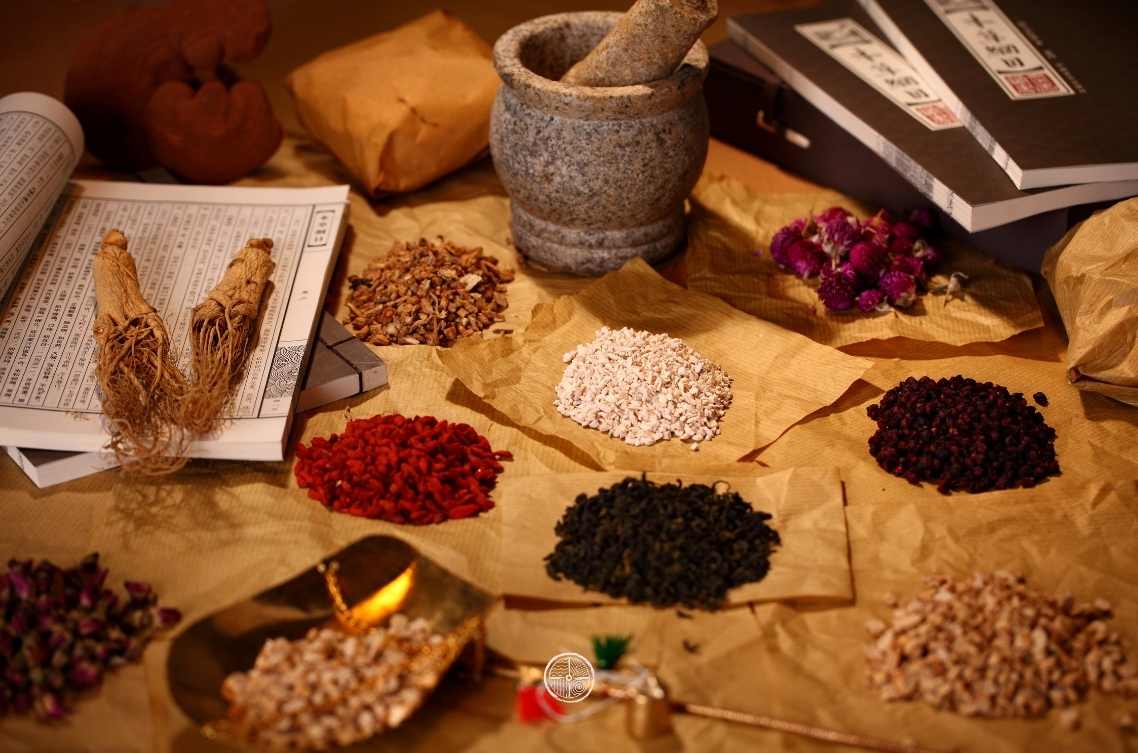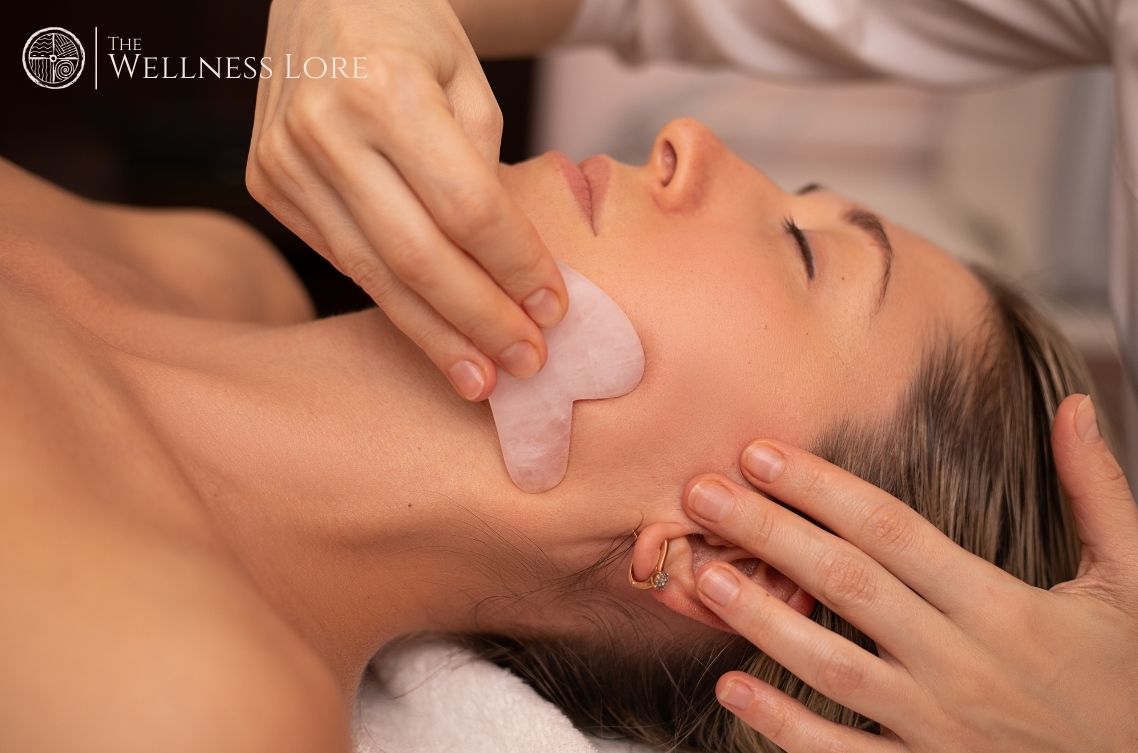A short guide to creating a morning routine as per Ayurveda

A daily regimen is essential for significant transformation in the body, mind, and awareness. Routine aids in the establishment of equilibrium in one’s constitution. It also helps with digestion, absorption, and assimilation, generating self-esteem, discipline, calmness, happiness, and longevity.
1. Get up early every morning –
When there are loving (sattvic) aspects in nature that provide peace of mind and freshness to the senses, it is beneficial to wake up before the sun rises. Sunrise times vary according to the season, but on average, Vata people should wake up at about 6 a.m., pitta people around 5:30 a.m., and Kapha people around 4:30 a.m.Look at your hands for a few seconds after waking up. Then softly slide them over your face and chest down to your waist. That purifies the aura.
2. Before Leaving the Bed, Say a Prayer –
“Dear God, you are within me, within my breath, throughout each bird, within each majestic mountain. Your gentle touch penetrates everywhere, and I am well-guarded. Thank you, God, for this lovely day ahead of me. On this day, may joy, love, peace, and compassion be a part of my life and the lives of those around me. I’m healing and I’m healing.” With tremendous love and respect for Mother Earth, touch the earth with your right hand after this prayer, then the same hand to your forehead.
3. Wash your face, mouth, and eyes –
Splash cold water on your face and rinse your mouth. Wash your eyes with cold water (or one of the eyes washes listed below) and gently wipe your eyelids. Blink your eyes seven times and spin them in all directions. Using a clean towel, pat your face dry. Try Triphala eyewash-14 tsp in 1 cup water, boil for 10 minutes, chill, and drain. Pitta eyewash: use cold water or rose water made from organic rose petals instead of commercial rose water, which contains chemicals that hurt the eyes. Try diluted cranberry juice in a teaspoon of distilled water for a Kapha eyewash.
4. Drink Water First Thing in the Morning –
Drink a glass of room temperature water from a pure copper cup filled the night before. This cleanses the gastrointestinal tract, flushes the kidneys, and increases peristalsis. Starting the day with tea or coffee depletes kidney vitality, strains the adrenals, induces constipation, and is habit-forming.
5. The evacuation –
Sit, or better still, squat, on the toilet and relieve yourself. This can be prevented by improper digestion of the previous night’s food or a lack of enough sleep. However, drinking water and going to the toilet at the same time every day helps to control bowel motions. Alternate nostril breathing may also be beneficial. After evacuation, cleanse the anal orifice with warm water and soap.
6. Clean your Tongue –
Scrape the tongue gently from the rear forward for 7-14 strokes, scraping the whole surface. This stimulates the organs, aids digestion, and eliminates dead bacteria. Vata should ideally utilize a gold scraper, pitta a silver scraper, and Kapha a copper scraper. All individuals can utilize stainless steel.
7. Brush your teeth –
Always clean your teeth with a soft toothbrush and toothpaste or powder that is astringent, pungent, and bitter. The traditional Indian toothbrush is a neem stick that cleans teeth and promotes strong, healthy gums. Sticks of licorice root are also utilized. For vata and Kapha, use roasted almond shell powder, and for pitta, use crushed neem.
8. Gargle –
Gargle with heated sesame oil twice a day to strengthen teeth, gums, and jaw, enhance voice, and eliminate wrinkles from the cheeks. Swish the oil about in your mouth, then spit it out and gently massage your gums with your finger.
9. Chewing –
Chewing a handful of sesame seeds strengthens teeth and improves receding gums. Chew 3-5 dry dates and an inch of dried coconut flesh instead. Chewing in the morning stimulates the liver and stomach, improving digestion. Brush your teeth again after chewing, but this time without toothpaste or powder.
10. Nasal Drops (Nasya) –
In the morning, put 3 to 5 drops of heated ghee or oil into each nostril to lubricate the nose, clear the sinuses, and enhance voice, eyesight, and mental clarity. Because the nose is the gateway to the brain, nose drops nourish prana and provide intellect. Sesame oil, ghee, or vacha (calamus) oil are good for vata. Brahmi ghee, sunflower, or coconut oil are good for pitta. Vacha (calamus root) oil is good for Kapha.
11. Drops of Oil in the Ears (Karana purana) –
Ringing in the ears, abundant ear wax, impaired hearing, lockjaw, and TMJ are all symptoms of vata in the ears. Putting five drops of heated sesame oil in each ear might assist with these issues.
12. Massage oil into your scalp and body (Abhyanga) –
Warm oil should be applied to the head and body. A gentle oil massage of the scalp regularly can promote happiness as well as prevent headaches, baldness, graying, and receding hairlines. Oiling your body before night will help you sleep better and keep your skin supple. Warm sesame oil is good for vata. Warm sunflower or coconut oil is ideal for pitta. Warm sunflower or mustard oil is ideal for Kapha.
13. Taking a bath –
Bathing is both cleaning and revitalizing. It cleanses perspiration, grime, and exhaustion, giving you energy, clarity of mind, and sanctity in your life.
14. Dressing –
Clean garments bring about beauty and virtue.
15. Perfumery –
Use Natural smells, essential oils, or perfumes to add a sense of freshness, charm, and delight. It energizes the body and boosts self-esteem. Hina or amber are the finest scents for vata. Use khus, sandalwood, or jasmine for pitta. Use either amber or musk for Kapha.
16. Workout –
Yoga, in particular, enhances circulation, strength, and endurance. It aids in relaxation and restful sleep, as well as digestion and excretion. Exercise every day to half your capacity, or until perspiration appears on your forehead, armpits, and spine.
Vata: 12 slow Sun Salutations; Leg Lifting; Camel; Cobra; Cat; Cow. Slow, delicate movement. Pitta: Moon salutation x 16, medium speed; Fish; Boat; Bow. Relaxing workout. Sun salutation x 12 done quickly; bridge; peacock; palm tree; lion. Exercising vigorously.
17. Pranayama (breathing exercises) –
After exercise, sit quietly and perform the following deep breathing exercises: For vata, do 12 alternate nostril breaths; for pitta, take 16 cooling shitali breaths (curve your tongue lengthwise and breathe through it); and for Kapha, take 100 bhastrika (short, quick breaths).
18. Meditation –
It is essential to meditate for at least 15 minutes in the morning and evening. Try the “Empty Bowl Meditation” or meditate in the way you’re used to. Meditation helps you achieve balance and calm in your life.
19. Breakfast –
In the hot months or when your agni is low, your breakfast should be light, and in the winter, it should be more substantial.
More Recent Stories



